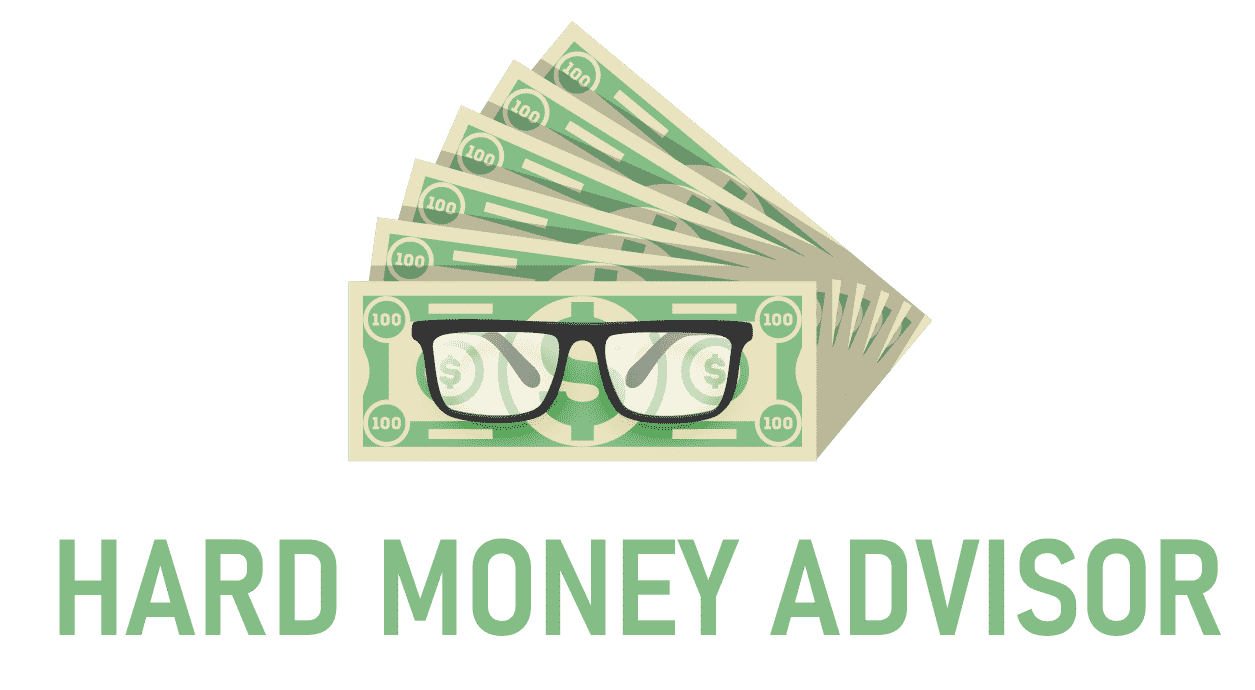Learning how to approach a hard money lender is a bit of an art. Hard money lenders are a type of lender that provides loans to borrowers who cannot get financing from traditional banks or need funding faster. These loans can be used for anything from real estate to businesses and more. If you’re looking for funding, it’s important to know how these lenders operate so that you have an idea of the steps involved in approaching them as a potential borrower. In this article we will cover some tips and advice on how to successfully get a loan from a hard money lender!
What is a hard money lender and what are they looking for in an applicant?
A hard money lender is a type of lender that provides loans to borrowers who cannot get financing from traditional banks or need funding faster. Hard money loans are typically used for projects such as fix and flips, new construction, bridge loans and more. Understanding what they look for is important when it comes to knowing how to approach a hard money lender.
Hard money lenders can be much more flexible than a traditional bank, but they still often like to see some important pieces from their borrowers. Here are some of the most important things hard money lenders look for:
- Detailed break down of expenses including all rehab costs (scope of work)
- A confident estimate of the after repair value (ARV) and a purchase price signifcantly below that
- Many will require an appraisal
- Most hard money lenders will lend up to 80-90% LTV, meaning you’re likely going to need to put at least some of your own money into the deal
What questions should I ask a hard money lender?
When thinking about how to approach a hard money lender, it’s important be prepared. While you may feel like you’re the one being interviewed, it’s important that you ask your hard money lender some questions as well. You need to be sure of all the terms and that your lender is organized and prepared.
Questions to ask a hard money lender:
- What is the rate?
- How does it compare to other lenders in your area, or competitor rates online?
- What are the points on this particular loan?
- When will I have to pay those back?
- Are repairs included in the loan or am I responsible for those costs?
- Can I make payments on a monthly basis?
- How long will the loan term be for me?
- What is your credit penalty policy if this becomes late (or in default)?
- Do you charge any fees to help with my application or paperwork involved with getting approved for the hard money loan?
- What are all the additional fees and loan costs aside from origination points?
- What is the maximum loan amount I can qualify for?
- How do you determine my creditworthiness and that of the borrower?
- Do you have any other pre-approval steps or requirements before we submit an application to be considered as a potential candidate?
- Is there anything else I should know about this type of hard money loan?
How to find the best hard money lenders for your situation
Hard money lenders are typically found in most major cities and also nationally. Many of them offer similar loan programs, but not all. It’s important to do your research and find the best hard money lenders for your situation by looking at their terms, loan amounts, fees, loan programs and more.
You can also browse our list of hard money lenders here on the site. We compile lists of the best hard money lenders in many cities throughout the US.
Once you find the hard money lenders that are best for your situation, reach out to them and apply.

The pros and cons of working with a hard money lender vs traditional bank loans
Working with a hard money lender has many advantages and disadvantages. Learning how to approach a hard money lender properly can also make a difference. It’s important to weigh the pros and cons carefully.
Pros
Some of the advantages to working with a hard money lender vs traditional bank loans are that they typically are much more flexible. They usually require much less paperwork and don’t weigh your credit and income as much as a traditional lender. They can also get you your money much faster. Most hard money lenders can disburse the loan in as little as 7 days. This can be crucial when it comes to securing a deal over other investors.
Cons
With all of that said, hard money lenders also come with some disadvantages. One major disadvantage is the interest rates. They charge higher interest than traditional banks and this adds up quickly. It’s not uncommon for a hard money loan to be at an annual percentage rate of 10-20%. Another downside with working with a hard money lender is that they can be much more expensive than conventional lenders, with higher origination fees and loan costs.
Common misconceptions about hard money lenders
Investors often have misconceptions about hard money lenders.
- Some of the common misconceptions are that they’re full-service lenders, and don’t provide many other services. This isn’t always the case. In addition to providing many different loan programs, hard money lenders can often get you set up with appraisers, title companies and more.
- Another misconception is that hard money lenders will only offer loans with high interest rates. Again this isn’t true, as there are some hard money lender who can offer very competitive rates. The biggest factors are typically your experience level and “skin in the game.”
- Another common misconception is that hard money lenders are predatory. While their rates and costs can be much higher than traditional lenders, the speed and flexibility often outweigh those negatives. The key is to budget properly for thesse higher expenses.
How to approach the application process, including how much you need to put down as collateral
When applying for a hard money loan, it’s important to be prepared. Lenders will want to see ARV estimates, detailed rehab estimates and will often pull your credit as well.
Their requirements are usually much more lax than traditional banks, but your credit can often affect the rate or other terms.
While you won’t need as big of a downpayment as a traditional lender will require, you’ll still usually need to bring some money to closing. Most hard money lenders will ask for the cost of repairs plus 10-30% down. With that said, some hard money lenders will also loan the costs for rehab, so be sure to inquire with your lender.
Tips on negotiating terms with a potential lender
It’s possible to negotiate with a potential lender before signing anything. This is an important step to take if you have your heart set on a particular property but the lender doesn’t want to lend money for that property.
Additionally, this will help you get a better deal with the terms of loan and can also improve how much financing they’re willing to offer as well.
In Conlusion – How to Approach a Hard Money Lender
Hard money lenders are typically not a first go-to for borrowers. But if you’re looking to buy or sell an investment property and need a loan quickly, hard money might be the perfect option.
With any luck, this article has helped you better understand how to approach a hard money lender.

